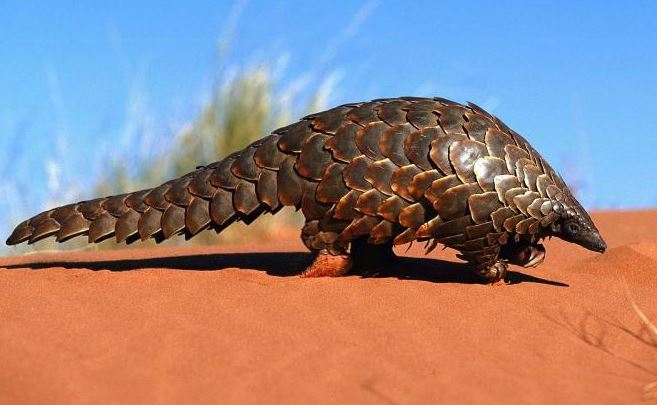×
The Standard e-Paper
Stay Informed, Even Offline

A report has revealed that pangolin scales seized globally increased by nearly 400 per cent in the last five years, with more than 323 tonnes of product seized during the period.
The report titled ‘Tipping the Scales’ was released this month and lists Kenya among critical exit points for pangolin products. Nigeria and Cameroon top the list.